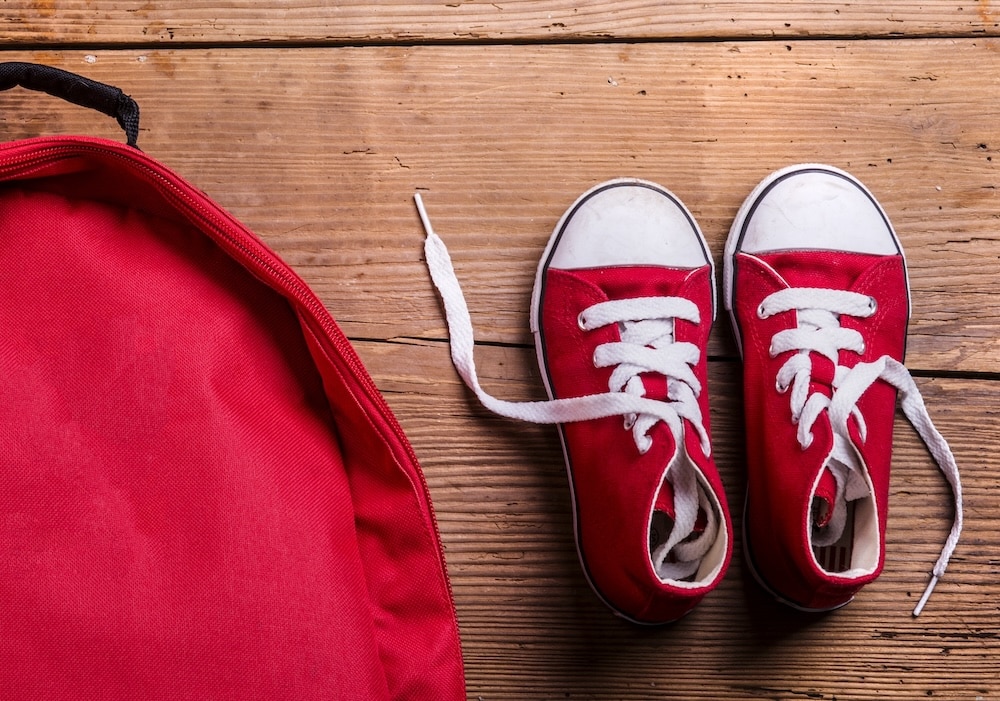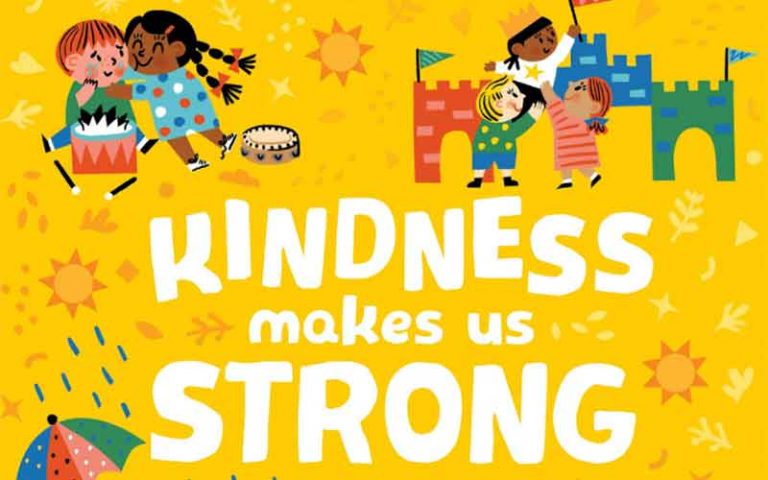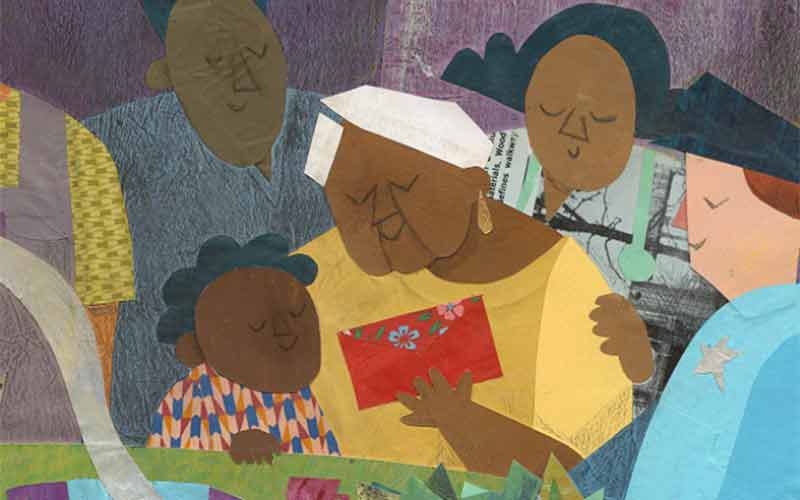TAKE-HOME STRATEGY
Supporting Peer Relationships at Home

What It's About
Young children have a natural desire to connect to their peers. Early on, this can look like sitting and playing near other children. Later, it can become budding friendships where children cooperate and play together.
You can help your child make and maintain friendships by modeling social skills, providing opportunities to interact with their peers, and helping them connect to other children.
Here are some ways you can help children strengthen Peer Relationships at home. Keep in mind that you can change these activities to work for you and your child based on their current abilities, interests, and what you have available at home. Make sure to use safe materials and watch your child closely during these activities.
Take a look, and try out your favorites!
Read Friendship Stories
Shared Activities
Act it Out!
Friendship Poster
Pen Pals
Connect with Friends
Quick Cues for Supporting Peer Relationships at Home
Some things you might do or say to help strengthen your child’s relationships with their peers
Point Out Friendship Skills
Name and describe skills such as sharing, taking turns in conversation, welcoming others into play or to talk, listening, or helping friends.
This can sound like:
“You are both playing with the blocks! How fun!”
“The kids in this book are doing a nice job sharing their toys. They decided to take turns.”
“I saw you and your friend sharing blocks to build a tower. That was such nice teamwork!”
Consider Others
Ask your child to consider what someone may need and the friendship skills that could help them.
This can sound like:
“They’re crying, I think they’d like it if I helped them pick up the toy they dropped.”
“I see they look frustrated. What do you think we could do to help them?”
(Pause in a book or favorite show) “What does the friend need? How are they feeling? What would a good friend do?”
Give Support During Play
Give ideas, or model ways to play near or with other children without taking over their play. Let children decide or lead.
This can sound like:
“Look, they are playing with the trains! Let’s go see if we can play with the trains, too.”
“They’re looking at a book together. Do you want to see if there is a spot for you to see the book?”
“I see you watching them play in the sandbox. Do you want to play too? Let’s ask them – ‘Can we join you?’”
Our Book Recommendations for Peer Relationships
Engaging stories that support children's Peer Relationships

Kindness Makes Us Strong
Written and illustrated by Sophie Beer, this story highlights the power of everyday acts of kindness. Kindness is a friendly hello, a roaring cheer, or a quick boost.
Have fun with it:
Help your child brainstorm a small act of kindness they can do in their classroom or community.

Thank You, Omu
Written and illustrated by Oge Mora, Thank You, Omu is a story about how small acts of kindness, like sharing, can bring a community together.
Have fun with it:
Talk about a time you or your child shared with someone else and how it felt.
More Take-Home Strategies
We’re creating a library of resources like these so families and other caregivers can quickly and easily promote children’s development at home. Be sure to see all the strategies we have available!

